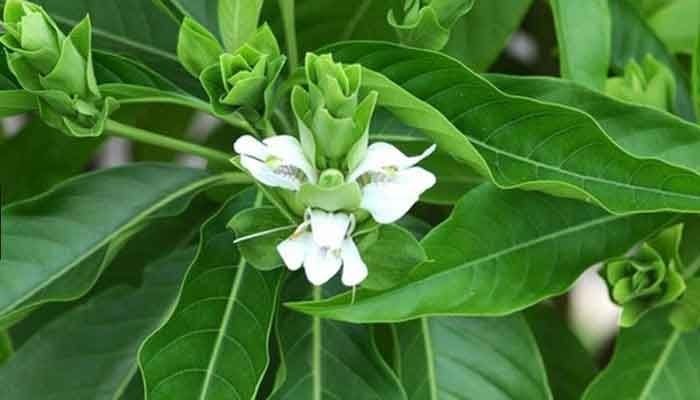
In a world increasingly drawn to synthetic remedies, the allure of natural remedies endures. One such wonder is Adathodai, a medicinal plant whose powdered form is revered for its health benefits. Known for its botanical name Justicia adhatoda, Adathodai is a perennial shrub native to Asia and Africa, where it has been used for centuries in traditional medicine. Let’s delve into the captivating world of Adathodai powder, exploring its origins, uses, and the science behind its remarkable properties.
The Origins of Adathodai Powder
Adathodai, also known as Malabar nut, is deeply rooted in Ayurveda, the ancient Indian system of medicine. Its use can be traced back to the Vedic period, where it was revered for its healing properties. The plant typically grows in moist, shady areas and is characterized by its lance-shaped leaves and clusters of white flowers. The leaves and roots of the plant are used to prepare Adathodai powder, which is rich in alkaloids, flavonoids, and other bioactive compounds.
Health Benefits of Adathodai Powder
Adathodai powder is prized for its numerous health benefits. One of its primary uses is in the treatment of respiratory ailments such as asthma, bronchitis, and cough. The bronchodilator and expectorant properties of Adathodai make it effective in relieving respiratory congestion and promoting easy breathing. It is often used in the form of a herbal tea or decoction for these purposes.
Additionally, Adathodai powder is valued for its anti-inflammatory and analgesic properties. It is used topically to soothe skin irritations, insect bites, and minor wounds. The powder can also be consumed orally to alleviate symptoms of arthritis and other inflammatory conditions.
Scientific Studies Supporting Adathodai Powder
The efficacy of Adathodai powder has been the subject of several scientific studies. Research has shown that the plant contains bioactive compounds such as vasicine and vasicinone, which exhibit bronchodilator and antimicrobial properties. These compounds help in relaxing the bronchial muscles and reducing inflammation in the respiratory tract.
A study published in the Indian Journal of Pharmacology found that Adathodai extract exhibited significant bronchodilator activity in animal models, supporting its traditional use in the treatment of asthma and bronchitis. Another study published in the Journal of Ethnopharmacology highlighted the plant’s antimicrobial properties, suggesting its potential use in combating infections.
How to Use Adathodai Powder
Adathodai powder can be used in various forms to reap its health benefits. One common method is to prepare a herbal tea by boiling Adathodai powder in water and then straining the mixture. This tea can be consumed warm to relieve respiratory congestion and cough.
Another popular use of Adathodai powder is in the form of a herbal paste. The powder is mixed with water to form a paste, which can be applied topically to the skin to soothe irritations and promote healing.
Conclusion
In conclusion, Adathodai powder is a natural marvel with a rich history of medicinal use. Its numerous health benefits, backed by scientific studies, make it a valuable addition to any herbal medicine cabinet. Whether used to relieve respiratory ailments or soothe skin irritations, Adathodai powder continues to enchant with its healing properties, offering a glimpse into the vast potential of natural remedies.
